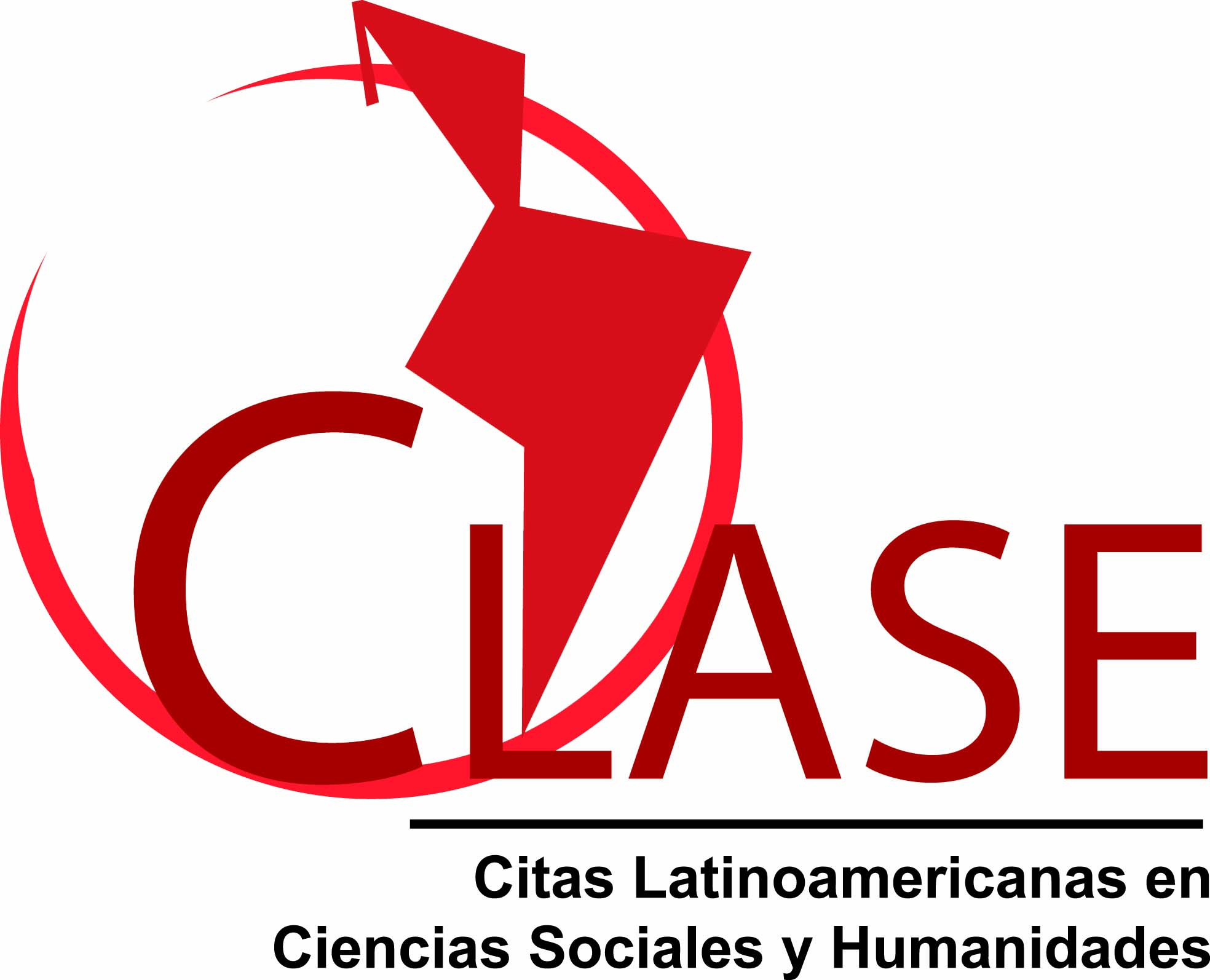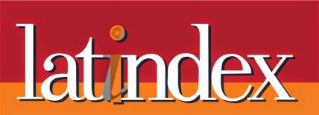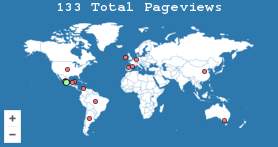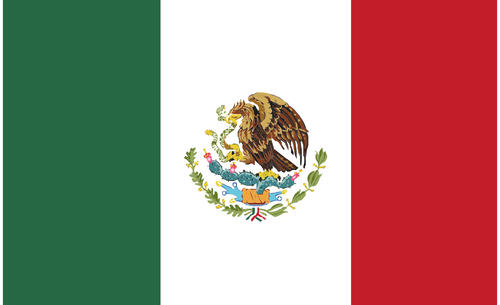El clima organizacional para la innovación: estudio de caso de una Universidad Latinoamericana
Palabras clave:
Universidades Latinoamericanas e innovación, Clima OrganizacionalResumen
En América Latina, las investigaciones de clima organizacional son incipientes y se han limitado a medir y a analizar los resultados estadísticos, sin validar el constructo en su contexto. Este estudio de clima organizacional se realizó en una universidad latinoamericana y fue de tipo descriptivo. Para su realización se dividió en dos etapas: a) medición cuantitativa, y b) evaluación cualitativa. Las dos mediciones del clima señalan que en la organización estudiada, las decisiones directivas, a pesar de no ser autoritarias, están enfocadas en tratos preferenciales hacia algunos docentes al otorgarles apoyo y distribuir su trabajo. Asimismo, se encontró falta de una adecuada comunicación entre los administradores escolares y el personal docente. Estas conductas son típicas de un clima cerrado, ya que como afirma Hoy, Tarter y Kottkamp (1991), el clima cerrado se caracteriza por conductas de una dirección que muestra arbitrariedad en las normas, lo cual influye negativamente en el espíritu del personal. El uso de un enfoque cuantitativo-cualitativo permitió validar el constructo de clima organizacional de acuerdo con la teoría de Hoy, Tarter y Kottkamp. Se necesita de más investigación para determinar la disposición a la innovación de estas instituciones educativas para la mejora de la calidad como lo demanda la sociedad de los tiempos actuales. Para favorecer el cambio en las organizaciones es necesario que el clima de éstas tenga un grado de apertura abierto, ya que cuando es cerrado existe rigidez funcional y falta de creatividad.
Descargas
Referencias
las preparatorias pertenecientes al sistema UADY. Tesis de maestría no
publicada, Universidad Autónoma de Yucatán, Mérida, México.
Aguilar, Z. (2003). Determinación del clima organizacional de las escuelas del Colegio
de Bachilleres y del Colegio Nacional de Educación Profesional Técnica,
de la ciudad de Mérida. Tesis de maestría no publicada, Universidad Autónoma
de Yucatán, Mérida, México.
Álvarez, I. y Topete, C. (1997). Modelo para una evaluación integral de las políticas
sobre gestión de calidad en la educación superior. Gestión y Estrategia. Edición
Internet. UAM-A. No. 11-12, pp. 1-15. Recuperado el 24 de junio de 2003, de
http://www.azc.uam.mx/publicaciones/gestion/num11y12/doc11.htm
Arias, F. (1996). Administración de recursos humanos (4a. ed.). México: Trillas.
Bonilla, E. y Rodríguez, P. (1997). Más allá del dilema de los métodos. Santa Fe de
Bogotá, D. C.: Grupo Editorial Norma.
Cisneros, E. (1993). Clima organizacional e innovación: Un estudio comparativo. Tesis
de maestría no publicada, Universidad Autónoma de Yucatán, Mérida, México.
Ekvall, G. (2003). El clima organizacional. Una puesta a punto de la teoría e investigaciones.
España: Colegio Oficial de Psicólogos de Madrid.
Gibbs, Anita, (1997). Focus Group. Department of Social Medicine, Bristo, University.
Recuperado el: 5 de febrero de 2006. Disponible en: http://www.soc.surrey.
ac.uk/sru/SRU19.html
Hernández, S. (2002). Administración. Pensamiento, proceso, estrategia y vanguardia.
México: McGraw Hill.
Hoy, W. & Miskel, C. (2000). Educational administration. Theory, research and
Pactice [Administración Educativa. Teoría, investigación y práctica] (5th ed.).
Estados Unidos: McGraw Hill.
Hoy, W., Tarter, C., & Kottkamp, R. (1991). Open schools/healthy schools. Measuring
organizational climate [Escuelas abiertas/escuelas saludables. Midiendo el
clima organizacional]. Beverly Hills, C.A.: Sage.
Krejcie, R. V. & Morgan, D. W. (1970). Determining sample size for research activities.
Educational and Psychological Measurement, 30, 607-610.
Massol Lafon, Inés, Dorio Alcaraz, Inma, Sabariego Puig, Marta, (2004). Metodología
de la Investigación Educativa. De la Colección: Manuales de Metodología de
Investigación Educativa, bajo la dirección de Juan Etxeberría y Javier Tejedor.
Con la coordinación de Rafael Bisquerra. Madrid: Editorial La Muralla-
Segredo, A. (2011). La gestión universitaria y el clima organizacional. Scielo.
Cuba. Educación Media Superior. Vol. 25, n. 2. Recuperado el 18 de noviembre
de 2011 de: <http://scielo.sld.cu/scielo.php?script=sci_arttext&pid=S0864-
21412011000200013&lng=es&nrm=iso>. ISSN 0864-2141.
Universidad Autónoma de Campeche. (1999).Catálogo de Planes de Estudio 1998-
1999. México: Dirección General de Planeación de la UAC.
Zabalza, M. (1996). El “clima”. Conceptos, tipos, influencia del clima e intervención
sobre el mismo. En G. Domínguez F. y J. Mesanza L. (Eds.). Manual de Organización
de Instituciones Educativas (pp. 263-301). Madrid, España: Escuela Española.
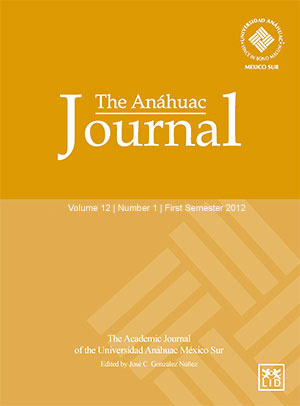
Descargas
Publicado
Número
Sección
Licencia
The Anáhuac Journal se distribuye bajo Licencia Creative Commons Atribución-NoComercial-CompartirIgual 4.0 Internacional.








